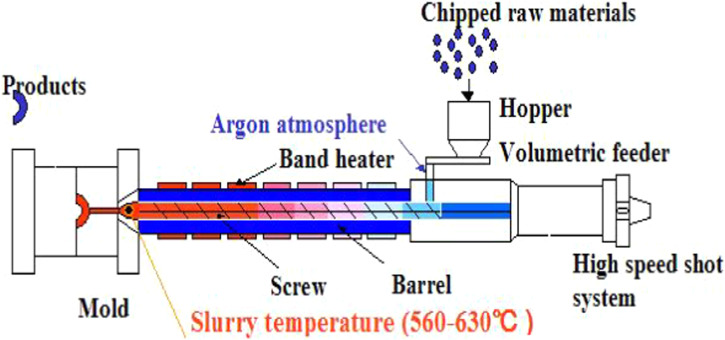In the healthcare industry, precision is everything. From medical devices to prosthetics, the accuracy and durability of these products can mean the difference between life and death. This is where medical CNC machining comes into play.
CNC machining, or computer numerical control machining, is a manufacturing process that utilizes advanced software and technology to create complex parts and components with high precision. Medical CNC machining takes this technology to the next level, using it to produce medical devices and equipment that have to meet strict regulations and performance standards.
One of the primary benefits of medical CNC machining is the ability to produce highly complex parts with exceptional accuracy and consistency. The technology takes into account every minute detail and produces a finished product that is identical to the original design, time after time. This level of precision is critical in the healthcare industry, where even the slightest error can have serious consequences.
The medical CNC machining process involves several steps, including design, programming, and the actual machining process. The first step is to create a detailed blueprint or 3D model of the part or component that needs to be produced. This blueprint is then translated into a computer program that controls the CNC machine’s movements and instructions.
The CNC machine then uses a variety of cutting tools, such as drills, end mills, and lathes, to shape and form the part from raw materials such as metal, plastic, or ceramic. The process is highly automated, with the CNC machine executing each step precisely and quickly.
One of the key advantages of medical CNC machining is its ability to work with a wide range of materials. This includes metals such as titanium, stainless steel, and cobalt chrome, as well as plastics, ceramics, and composites. Each material has its unique properties and requires different machining techniques, but the CNC machine can handle them all with ease.
Medical CNC machining is used in a variety of applications in the healthcare industry. It is used to produce medical implants such as hip and knee replacements, dental implants, and spinal implants. It is also used to create surgical instruments, such as scalpels, forceps, and clamps, as well as prosthetics and orthotics.

The benefits of medical CNC machining extend beyond precision and accuracy. The technology also allows for faster production times, lower costs, and greater flexibility in design. With traditional manufacturing methods, the production process can be slow and labor-intensive, and the cost of producing complex parts can be prohibitive. CNC machining streamlines the process, reducing production times and costs while increasing efficiency and accuracy.
In conclusion, medical CNC machining is a critical technology in the healthcare industry, producing high-precision parts and components with consistency and reliability. It is an essential tool in the production of medical devices, implants, and surgical instruments, providing the accuracy and durability necessary for these products to perform at the highest level. With the continued advancement of technology, the future of medical CNC machining looks bright, and we can expect even greater precision, innovation, and efficiency in the years to come.
-

- OEM die casting service metal components of macbook middle
-

- Customized die-casting parts&components
-

- Customized foundry products high precision die-casting parts for e-bike integrated frame
-

- Reiðhjól fyrir börn Krakkahjól fyrir 3-16 ára Barn /OEM Baby Children Cycle Kids Mountain Reiðhjól 2022
-

- Innbyggt 3-germa hjól fyrir MTB með CNC vinnslu og yfirborðsmeðferð
-

- Magnesium thixomolding parts laptop housing cover B

 0086-750-5616188
0086-750-5616188 +86 13392089688
+86 13392089688 sales@zhongmei-tech.com
sales@zhongmei-tech.com







